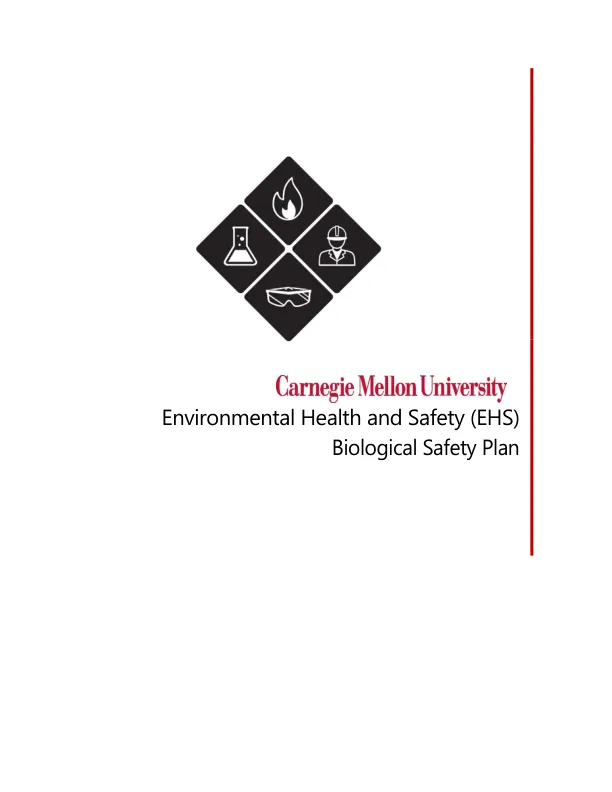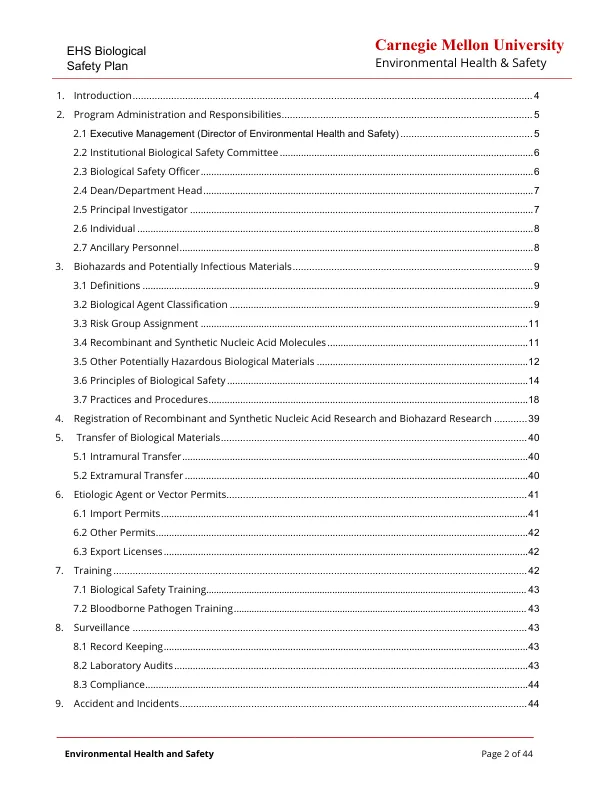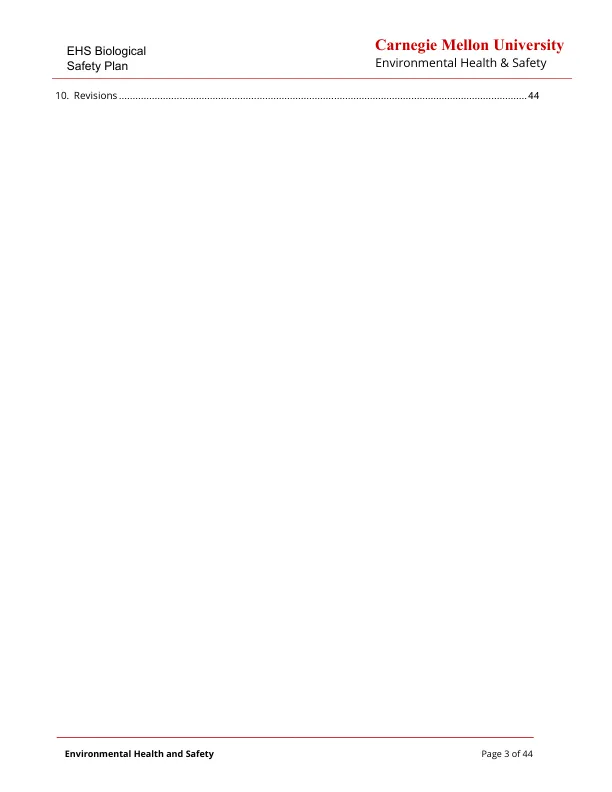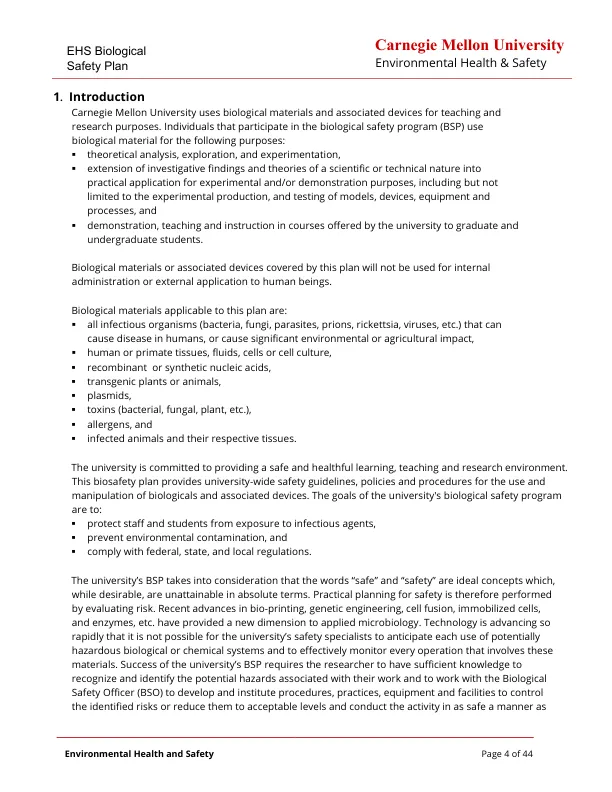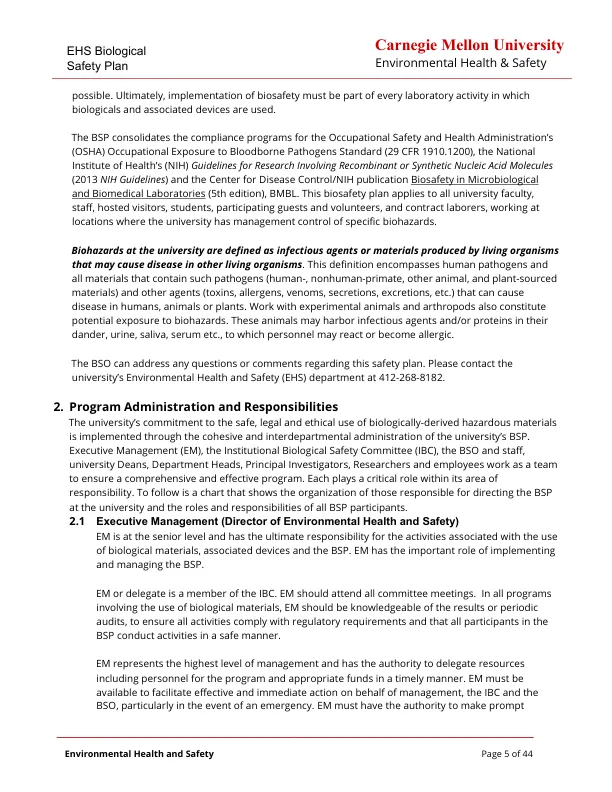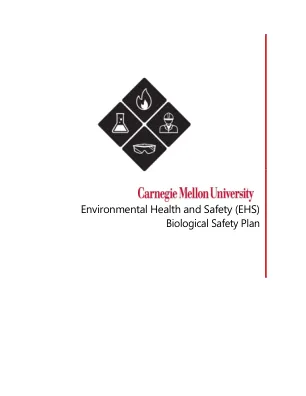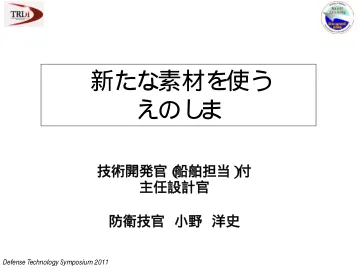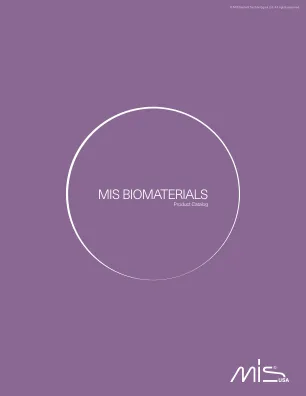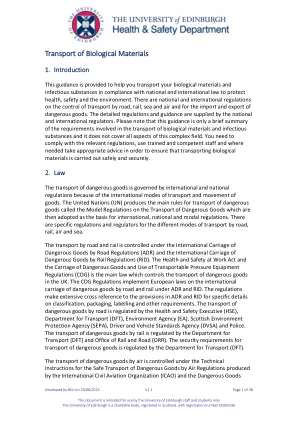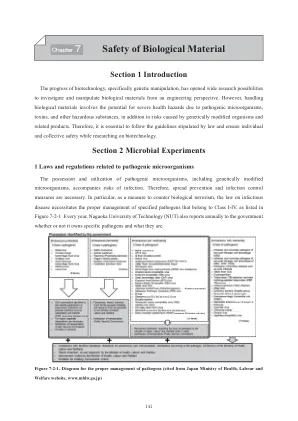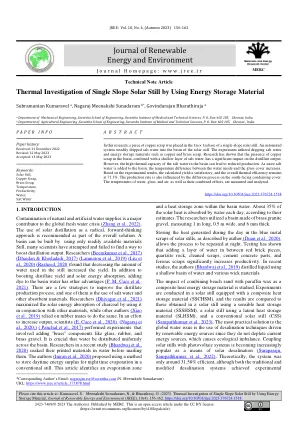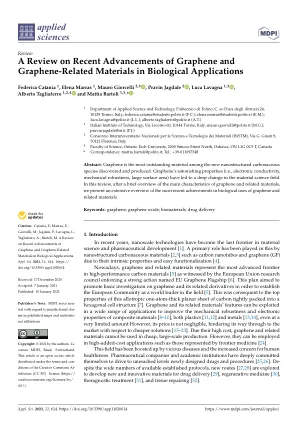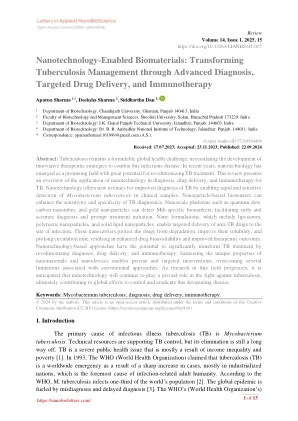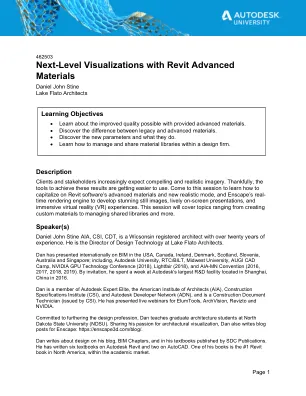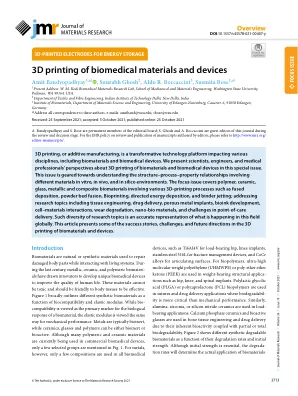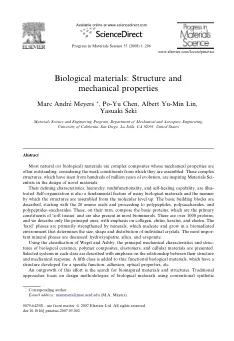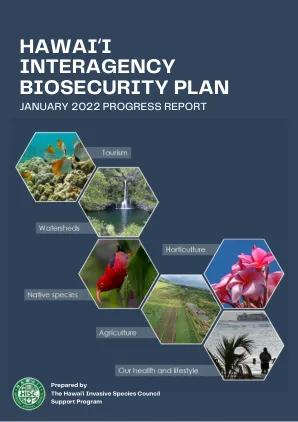卡内基·梅隆大学(Carnegie Mellon University)使用生物材料和相关设备来教学和研究。Individuals that participate in the biological safety program (BSP) use biological material for the following purposes: theoretical analysis, exploration, and experimentation, extension of investigative findings and theories of a scientific or technical nature into practical application for experimental and/or demonstration purposes, including but not limited to the experimental production, and testing of models, devices, equipment and processes, and demonstration, teaching and instruction in courses offered by the大学毕业和本科生。本计划涵盖的生物材料或相关设备将不用于内部管理或对人类的外部应用。适用于本计划的生物材料是:所有感染性生物(细菌,真菌,寄生虫,prions,人力车,病毒等)that can cause disease in humans, or cause significant environmental or agricultural impact, human or primate tissues, fluids, cells or cell culture, recombinant or synthetic nucleic acids, transgenic plants or animals, plasmids, toxins (bacterial, fungal, plant, etc.),过敏原和感染的动物及其各自的组织。大学致力于提供安全健康的学习,教学和研究环境。该生物安全计划为使用和操纵生物学和相关设备提供了整个大学安全指南,政策和程序。因此,通过评估风险来执行安全的实践计划。大学生物安全计划的目标是:保护员工和学生免于接触传染性药物,防止环境污染,遵守联邦,州和地方法规。大学的BSP考虑到“安全”和“安全”一词是理想的概念,尽管理想的是,但绝对是无法实现的。生物印刷,基因工程,细胞融合,固定细胞和酶的最新进展等。为应用微生物学提供了一个新的维度。技术的发展迅速,以至于大学的安全专家不可能预期每种使用潜在的危险生物学或化学系统的使用,并有效地监视涉及这些材料的每项操作。大学BSP的成功要求研究人员具有足够的知识来识别和确定与工作相关的潜在危害,并与生物安全官员(BSO)合作,以开发和建立程序,实践,设备和设施,以控制已确定的风险或减少其可接受的水平,并以可接受的水平和以安全的方式进行活动
使用生物材料和相关设备的安全计划
主要关键词
